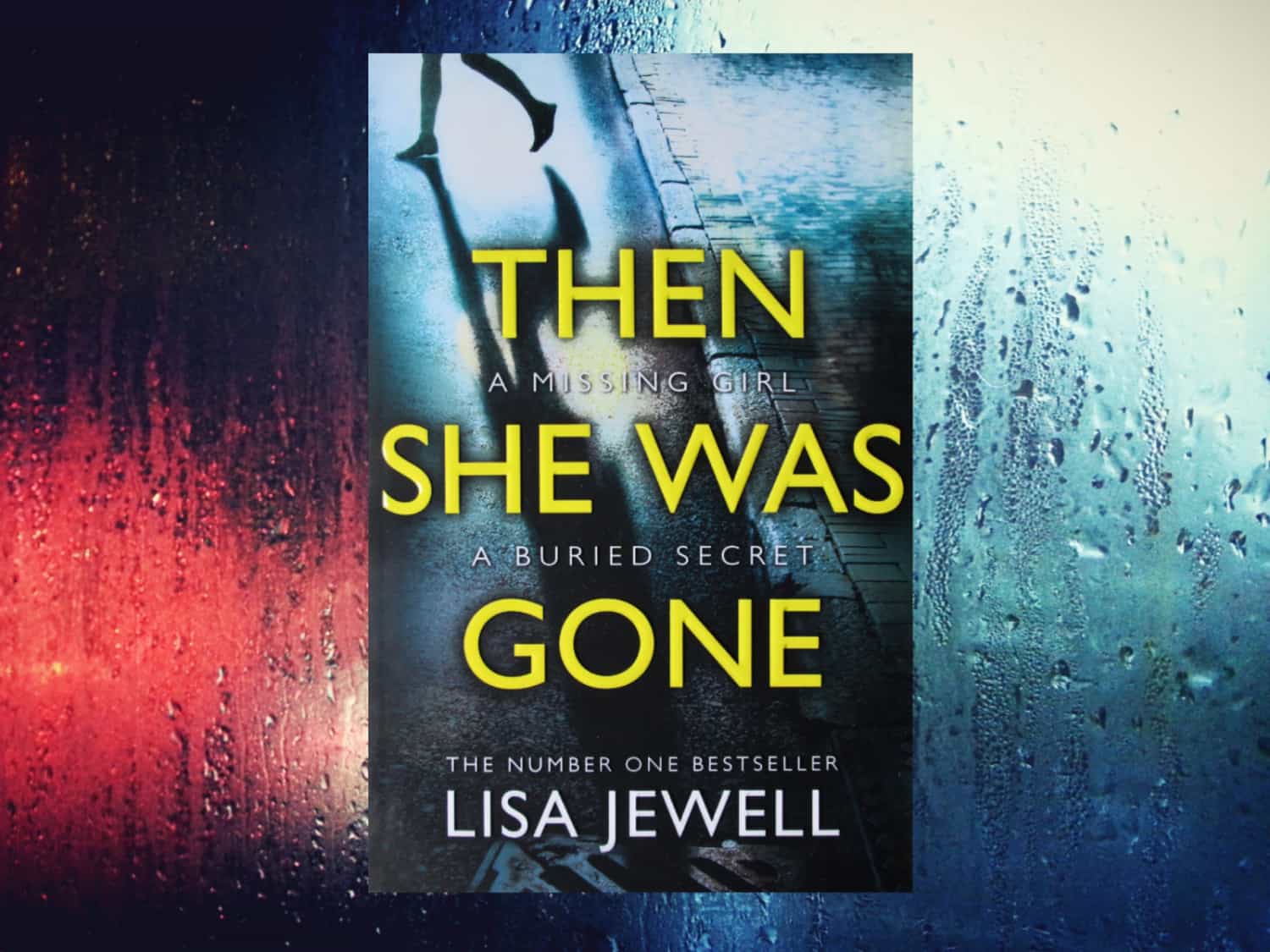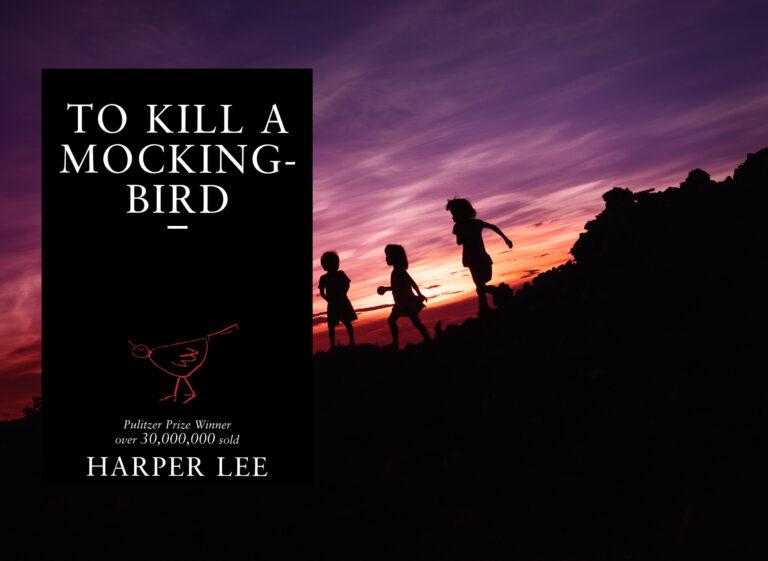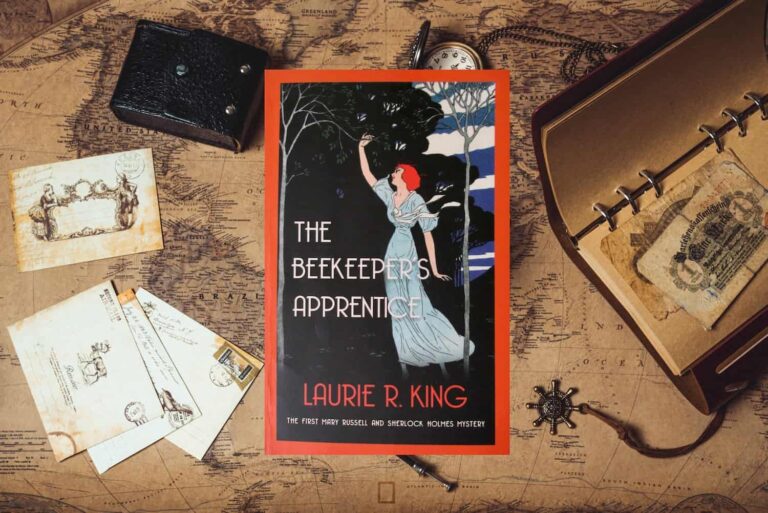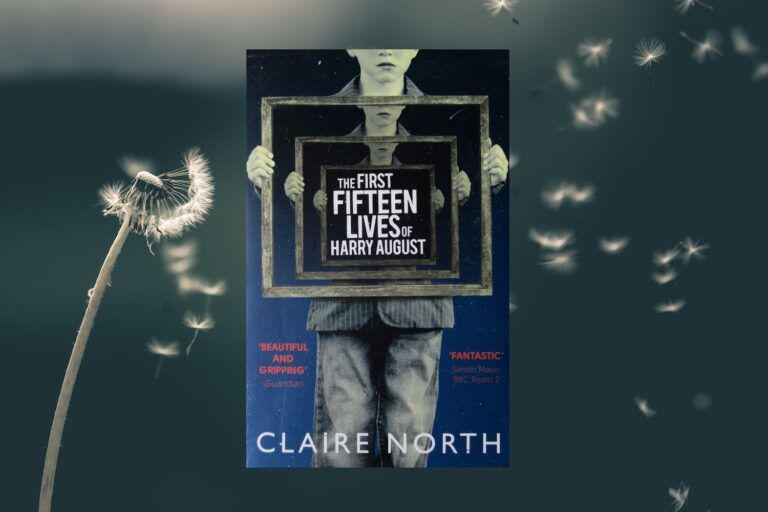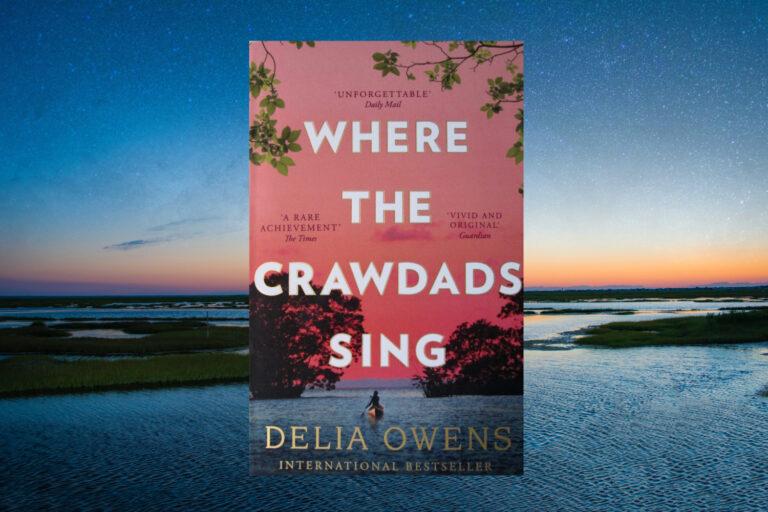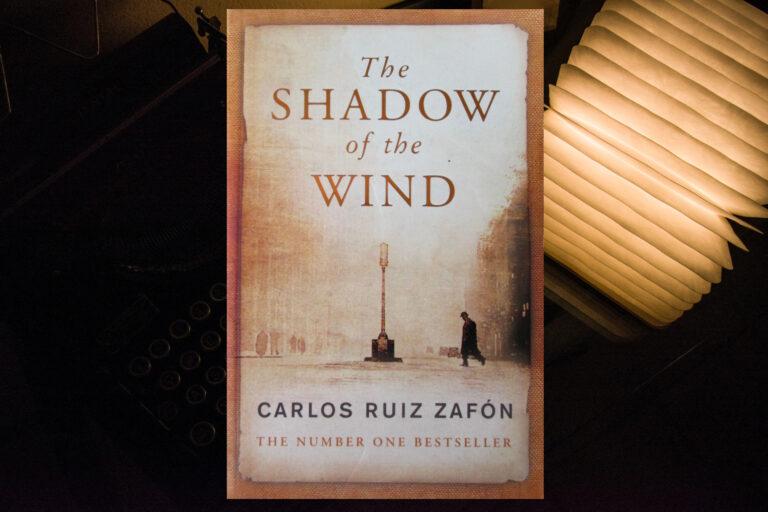Instantly engaging, Lisa Jewell has written a book that examines the impact of losing someone, or more accurately of having them ripped from your life with no answers as to why. For Laurel Mack her world has been turned upside down since the day her golden child Ellie went missing ten years ago. Consumed by grief for all these years, Laurel finally tries to move forward and in doing so finds herself swept-up-into a passionate new romance. The gentleman is magnetic, charming, sweet and most of all has a child that looks exactly like the daughter Laurel lost, maybe even too much so.
Told from multiple perspectives and narrations, Then She Was Gone is utterly engaging, and impossible to put down. Split into five parts (including a prologue and epilogue), Jewell’s writing will keep you engrossed as you race through the story to see if the protagonist catches onto the crime, something that you as a reader will have guessed early on. However, this is after all a thriller; not everything is as straightforward as first presumed. What makes the book so powerful, and set aside from the growing and dominating genre of crime, is that Then She Was Gone switches from being predominantly third-person in narration, to first when the antagonist of the book tells their side of the story; their self-justification.
The antagonist’s fixation to have what they desire, is shown through the subtle way they’re able to recall and narrate every aspect of what led to their actions. From this they try to gain sympathy, to explain why they became trapped by their own sequence of events, which you do feel trapped by, but you never feel sympathy for them. And as they progress in their narration you become more and more sickened by their rationality – but there’s the clincher, they do try to rationalise it, while their behaviour is anything but. There’s a methodical plan, a coldness pushing them forward in their mechanical thoughts. It’s as though they’ve read a text book on emotions, but haven’t learnt exactly what those are – it’s terrifying and done exceptionally well.
Jewell provides a series of interweaved perspectives throughout the book by alternating between the different characters; the mother Laurel, her missing daughter Ellie, the antagonist, and a later character who connects between them – the author leaving it up to you on how you see them.
The main character of the book however is the grief-stricken mother, Laurel. Her emotions and feelings – pain, guilt, a numbness to life – being carefully examined by the author’s writing, and it feels very, very real. Even the character’s later investigative tactics, though smart, are not overwhelmingly so, for after all she isn’t a detective – making it far more grounded in reality than most – and instead she only lets an understandable curiosity guide her into finding the truth. All the while asking the natural questions; is her mind playing tricks? Is she being paranoid?
Although Laurel is the main character, I found Ellie’s story – the way she handles life, tries to overcome fear, and find some semblance of control – far more interesting. Initially the book starts with how happy Ellie was, how she had her life before her and then she was gone…In beginning the tale as to what happened, the chapters are mixed between the present day – the days since Ellie’s been gone, to the ‘then’ – the events leading up to Ellie’s disappearance.
What’s interesting is how Ellie views the events leading up to her disappearance, seeing how it could’ve been different and in this blames herself and not others (for thankfully the blame game is largely missing, with only the villain using this). When we reach the moment Ellie was last seen, her voice becomes silent within the book, and when her story is eventually returned to – it comes with Ellie’s hopes and fears. This earlier silence helps Ellie’s life to stand out that much stronger; her story moving, if not necessarily to tears, but in a feeling of being restricted, and helpless.
Maybe in resolving these darker aspects, Jewell gives an epilogue that is emotionally draining and yet resolves some lingering feelings. However, it did venture dangerously close to being overly sweet, too rounded off, and instead of hitting the mark at being a satisfying conclusion, made me instead a little cynical. If it had ended a few pages shorter, or even had some conflicting emotions from the characters – it would’ve created a wondrous path of what ifs?
A great crime-thriller Then She Was Gone is a page-turning book if ever there was one, and I’ll definitely be picking up another of Jewell’s books in the future. It’s unusual layout with the narrations, along with an exquisite twist in presenting the antagonist’s mind, more than scratches that thriller itch, while opening questions on the faults of being human.
Other Notable Works by Lisa Jewell:
- The Night She Disappeared 2021
Book Edition Information:
Publisher: Arrow Books (part of Penguin Random House)
ISBN: 9781784756253
Cover Design: Melissa Four
Cover Photograph: Getty Images
Presented Edition: 2017 Paperback
Background image courtesy of Wenniel Lun on Unsplash

